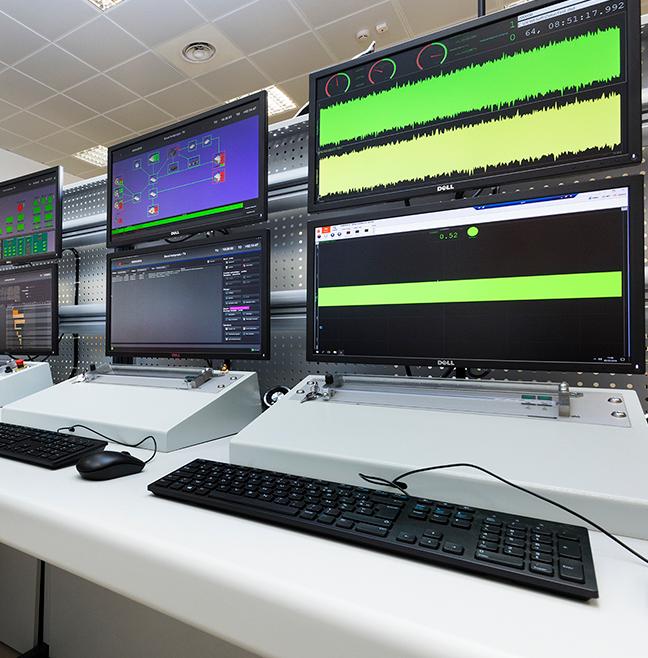Operating Safety (SDF) serves to check whether a system is able to fulfil the function(s) for which it was designed. It also serves to identify potential risks, study their origins and assess their consequences for people, the environment or the equipment.
Dependability analyses provide this assessment on the basis of four main criteria: Reliability, Availability, Maintainability and Safety (RAMS).
Studying these criteria gives an indication of the future performance of the system and allows us to:
- Confirm the fulfilment of performance goals: validate the technical choices made in the design phase and verify them in more advanced phases,
- Control risks: notify the client and put forward technical solutions in the event an identified risk arises before the manufacturing phase, thus limiting the associated financial impact.
Operating Safety (SDF) studies are launched at the beginning of the project and are carried out iteratively throughout the V-model. They require close collaboration with the design and integration teams and are broken down into several activities:
- Technical (mission profile, external elements) and functional (structure and functions) analysis
- Risk analysis: PRA, FMECA, ORA, SISTEMA, critical point monitoring
- Modelling of feared events: reliability block diagrams and fault trees,
- RAMS assessment: reliability and availability results, identification of major failures, monitoring of maintainability requirements (accessibility, demountability, interchangeability, maintenance time, testability), compliance of safety aspects and risk management.
PRA: Preliminary Risk Analysis
FMECA: Failure Mode, Effects, and Criticality Analysis
ORA: Operator Risk Analysis
Our experts master the tools, methods and corresponding standards, and know how to adapt the dependability process to the specific characteristics of each project, regardless of the market.
Their expertise can be used to:
- Justify and guide design choices relating to Operating Safety (SDF) goals for new projects or decision-support tools for the improvement/overhaul of an existing system.
- Present the differences in results according to the technical choices made, target and quantify the improvements to be made to fulfil the goals set. The solutions proposed draw on feedback from other installations that are already in operation.
- Obtain more efficient and less costly in-service support, notably through maintainability studies.
- Identify major risks and propose technical or organisational solutions.
- Pave the way for Integrated Logistics Support (ILS) analyses covering: equipment maintenance (maintenance documentation), support elements, spare parts list, durability and obsolescence.
It should be noted that the Operating Safety (SDF) study can justify the fulfilment of system performance goals or compliance with certain standards, particularly regarding machine safety (IEC 62061, ISO 13849), railway safety (EN 50126, 50128, 50129), or functional safety (IEC 61508, IEC 61511, etc.).
Consult all our job offers
Available to apprentices, to people looking for an internship or a job, and also to Eiffage employees, the Taléo search engine is the best way of finding out about openings available within the Group. “Area of employment”, “Location”, “Organisation”, “Fixed-term contract”, “Open-ended contract”, “Internship”, “Apprenticeship”: just fill in a few criteria to have real-time access to all the professional development opportunities.



